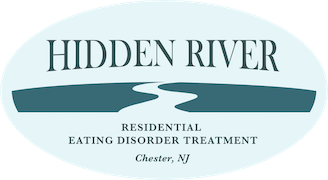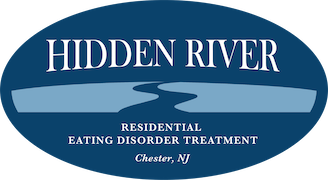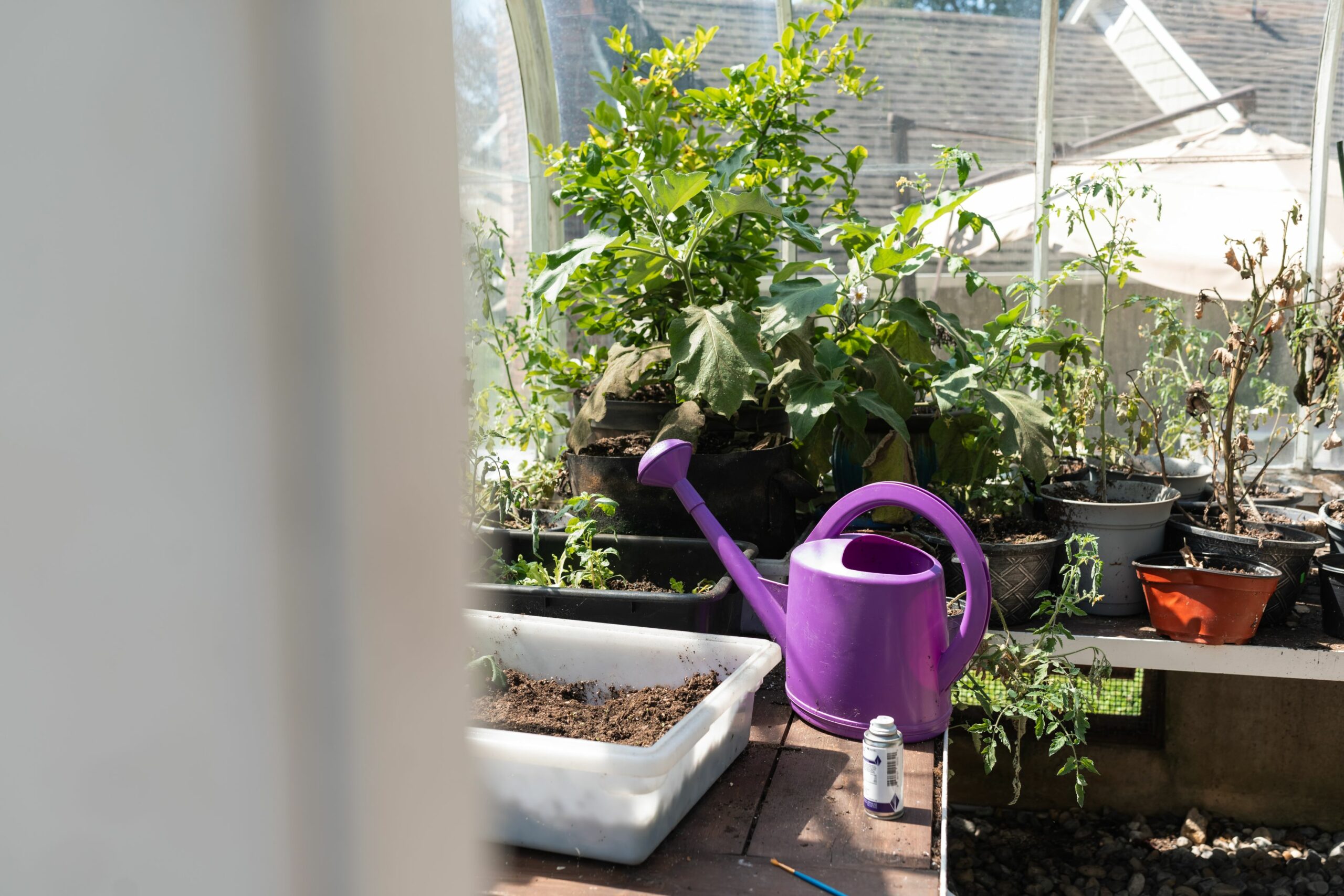The Healing Power of Nature
Many of us crave the peace and quiet that comes with open, outdoor spaces — and for good reason. Nature allows us to step away from the demands of daily life. It comforts us and calms our nervous system. Being outside renews our spirits, encouraging us to look beyond our immediate circumstances. It also allows us to process difficult feelings in a judgment-free zone, playing a particularly important role with emotional regulation. Quite simply, nature is restorative.
Research supports the healing power of nature. A 2022 study published in the International Journal of Mental Health and Addiction determined that nature therapy is an effective short-term treatment for mental health conditions, most notably anxiety.1 Participants experienced positive results after spending just 15 minutes outside for 9 days. Researchers credit the efficacy of this treatment to the idea that being in nature allows the body to decrease its stress levels.
Nature-Based Therapy in Eating Disorder Treatment
More specifically, research shows that natured-based therapy has a positive impact on eating disorder treatment outcomes. A 2018 study measured the impacts of nature-based therapy for 20 participants with binge eating disorder (BED) against another therapy modality, support group meetings.2 Both approaches were effective in decreasing binge eating episodes and increasing wellbeing and self-esteem. However, participants who engaged in nature-based therapy found that it was more relatable by them, leading to a clearer transfer of mental health skills into daily life.
Additionally, in 2020, clinicians interviewed eight individuals about their experiences with bulimia nervosa and BED.3 Participants reported that nature helped them reconnect with their bodies and led to greater feelings of calmness. They shared that nature is non-judgmental and engages all the senses. Based on their findings, the authors of this study encourage more research focused on the mind-body connection while in nature as well as the use of nature-based therapy to support patients with eating disorders.
How We Incorporate Nature at Hidden River
At Hidden River, we provide patients with a beautifully designed facility in a peaceful and natural environment. Our treatment center is situated on 12 acres of rolling hills and large grass fields, speckled with decades-old oak and pine trees as well as a beautiful pond. While exploring the outdoors, patients often see wildlife, including deer, fox, geese, owls, hawks, and squirrels. Plus, our location in the charming and bucolic town of Chester, New Jersey, allows individuals to experience all four seasons and the weather that comes with them, including sunshine, wind, snow, and rain.
The buildings around our campus were built in the 1800s and 1920s and draw on Swiss-style architecture with facades made of various building materials and carved wooden accents. Natural elements, like rock walls and fences, brick drives, and tile roofs, are highlighted within each structure. The 15-bed house includes large windows with panoramic views of our surroundings as well as multiple patios for easy access to the outdoors. Interior features, such as wood balconies and pillars, old-world wood floors, and warm colors, allow patients to feel connected to nature throughout the day, including those cold or rainy days.
We also incorporate nature into our treatment program. Patients participate in mindfulness groups, including daily walks, as part of the psychotherapy component of their care.
Visit our website to learn more about eating disorder treatment at Hidden River.






Leave a Reply
You must be logged in to post a comment.